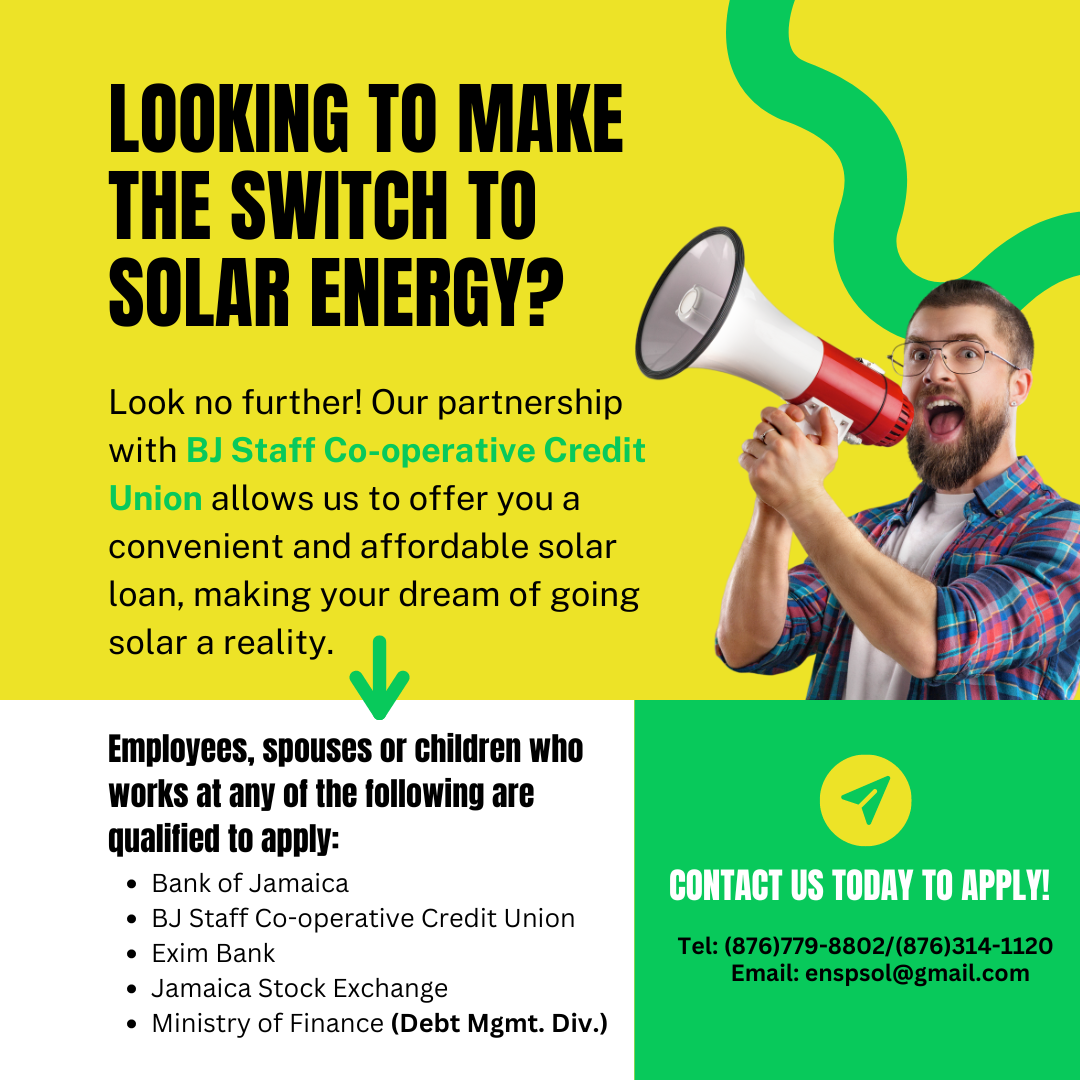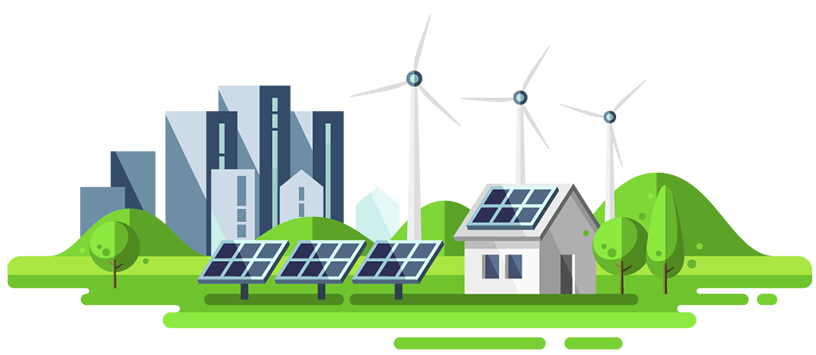
Meet a solar energy company that makes an impact
5000+
megawatt
solar installations
100%
commercial
solar installation completions
100%
residential
solar installation completions
Unlock amazing value with our handpicked solar energy kits.
Powermax 10KW Solar Kit
$1,431,000
Monthly energy generation 683KWH
- 8 x 670W Solar Panels
- 1 x 10KW SPI Hybrid Inverter
- 1 x 10KWH Rosen Lithium-ion Solar Battery
- Automatic Transfer Switch
** Installation and material cost included **
Call to OrderPowermax Pro 10KW Solar Kit
$2,535,000
Monthly energy generation 1366KWH
- 16 x 670W Solar Panels
- 1 x 10KW SPI Hybrid Inverter
- 2 x 10KWH Rosen Lithium-ion Solar Battery
- Automatic Transfer Switch
** Installation and material cost included **
Call to OrderSunmax 8KW Solar Kit
$1,601,000
Monthly energy generation 683KWH
- 8 x 670W Solar Panels
- 1 x 8KW Deye Inverter
- 1 x 10KWH Rosen Lithium-ion Solar Battery
- Automatic Transfer Switch
** Installation and material cost included **
Call to OrderSunmax Pro 8KW Solar Kit
$2,705,000
Monthly energy generation 1366KWH
- 16 x 670W Solar Panels
- 1 x 8KW Deye Inverter
- 2 x 10KWH Rosen Lithium-ion Solar Battery
- Automatic Transfer Switch
** Installation and material cost included **
Call to OrderNotable clients in our commercial solar installation portfolio
Frequently Asked Questions
Need Help?
-
What is solar energy and how does it work?
Solar energy is a renewable energy source generated from the sun's rays. Using solar panels, sunlight is captured and converted into electricity or heat through a process known as the photovoltaic effect. Solar energy is a clean, sustainable alternative to fossil fuels, producing no harmful emissions or air pollutants. It can be used to power homes, businesses, and even larger facilities, offering a reliable and eco-friendly solution for reducing energy costs and carbon footprints.
-
Will solar energy ever run out?
No, solar energy is a renewable and virtually inexhaustible source of power. The sun constantly emits vast amounts of light and heat, making solar energy a sustainable alternative to finite fossil fuels like coal and oil. While the availability of solar energy can be affected by factors such as weather, location, and technology, as long as the sun continues to shine, we will have access to this abundant and eco-friendly energy source.
-
Can solar energy be stored?
Yes, solar energy can be stored using batteries. At E&S Power System Solutions, we offer Rosen lithium-ion batteries, known for their efficiency and long lifespan, making them an ideal choice for solar energy storage. By storing excess energy, homeowners and businesses can reduce their reliance on the grid and enjoy a consistent power supply, even during the night or on cloudy days, maximizing the benefits of their solar system.
-
Can solar energy be used at night?
Solar energy cannot be directly utilized at night since solar panels need sunlight to generate electricity. However, the energy produced by solar panels during the day can be stored in batteries and used at night. Additionally, you can integrate solar energy with other renewable sources or draw from your existing utility provider to ensure a consistent electricity supply, regardless of sunlight availability.
-
Is installing a solar energy system expensive?
The cost of installing a solar energy system has decreased in recent years, making it more affordable for homeowners and businesses. The price can vary based on factors such as the size of the system, your location, and any available government incentives or tax credits.
At E&S Power System Solutions, we have partnered with the BJ Co-operative Credit Union to offer solar financing options, including 100% loan financing for certain groups, to help make solar energy more accessible.
While there is an upfront investment, the long-term savings from lower electricity bills and potential tax incentives often outweigh the initial cost, making solar energy a smart and cost-effective investment.
-
Will I still receive an electric bill if I use solar energy?
Yes, even with a solar energy system, you may still receive an electric bill. Most residential solar systems are grid-tied, meaning you can draw electricity from the grid when your solar panels aren't generating enough power, such as at night or on cloudy days.
Additionally, utility companies may charge fixed fees for remaining connected to the grid. However, using solar energy can greatly reduce your dependence on traditional electricity and lower your overall energy costs.
-
How do I determine how many solar panels I need to install?
The number of solar panels required for your installation depends on several factors, including your energy consumption, available roof space, panel efficiency, sunlight exposure in your location, and budget. Here are some steps to help you calculate the number of solar panels you'll need:
- Calculate your energy consumption: Review your monthly electricity bills to find your average usage in kilowatt-hours (kWh) per month.
- Assess daily sunlight exposure: Consider how much sunlight your location receives daily, as this impacts panel efficiency.
- Estimate panel output: A standard 550-watt solar panel typically produces approximately 460-660 kWh of electricity per month, depending on various factors.
- Evaluate roof size and orientation: Check the available roof space for installation and its orientation to maximize sunlight exposure.
- Consult with a solar energy expert: We recommend reaching out to our team for a detailed assessment of your energy needs and site conditions. Contact us today to help you calculate the optimal number of solar panels for your specific situation.
** Remember, each home or business is unique, so a personalized assessment is essential to effectively meet your energy goals.
Still have questions?
Can't find the answer you're looking for? Please contact our friendly team.


.png)




